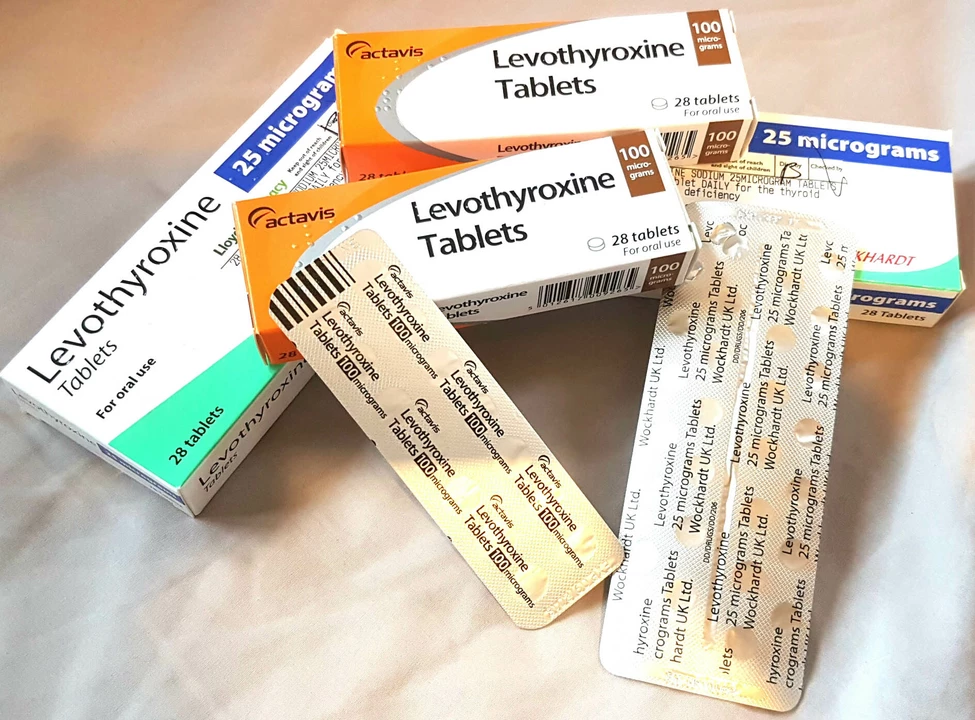Understanding Side Effects: Keep Medication Risks in Check
Ever popped a pill and then felt something just a bit off? That’s probably a side effect—when a medication does something other than what you expect. Side effects can range from mild annoyances, like a headache or upset stomach, to more serious issues that need a doctor’s attention. Knowing what to watch for can keep you safe and help you use meds wisely.
Not all side effects hit everyone the same way. What’s a minor itch for one person might be a major problem for another. So, paying attention to your body’s reaction right after starting a new drug is key. If you notice something unusual, don’t just ignore it or assume it's normal—check in with your healthcare provider.
Common Side Effects and How to Handle Them
Some side effects happen so often that they almost feel expected. Nausea, tiredness, dry mouth, or mild rashes are examples you hear about a lot. Usually, these get better as your body adjusts. Drinking water, resting, or eating small meals can help ease these discomforts. But if side effects stick around or get worse, that’s your cue to seek advice.
More serious side effects might include trouble breathing, swelling, severe headaches, or unusual bleeding. These need immediate medical attention to prevent bigger health issues. Don’t hesitate to call your doctor or visit urgent care if you experience such symptoms after taking medicine.
Tips for Staying Safe When Using Medications
First off, always read the medication guide that comes with your drugs—it’s there to inform, not scare you. Know the common side effects and what to do if they happen. Keep track of any new symptoms, especially when starting or switching medications.
Also, tell your doctor about all other medications or supplements you're taking. Some drugs don’t play nice with others, which can cause unexpected side effects. And lastly, don’t stop or change your medication dose without professional advice—even if you feel fine, messing with doses can be risky.
Side effects might seem scary, but understanding them puts you in control. With the right knowledge and a good healthcare team, you can manage your meds safely and feel confident in your treatment journey.

Side Effects After Switching to Generics: When to Worry
Switching to generic medications can cause side effects for some people, especially with drugs that require precise dosing. Learn which medications are most risky, why it happens, and how to protect yourself.

DailyMed Navigation: How to Find Up-to-Date Drug Labels and Side Effects
DailyMed is the only official source for up-to-date FDA drug labels and side effects. Learn how to find current safety information, use NDC codes, and navigate the site to verify drug warnings and adverse reactions.

Medication Guides vs Package Inserts: Where to Find Side Effect Details
Learn where to find accurate side effect information for your prescription drugs-Medication Guides for serious risks, Package Inserts for full details. Know the difference and how to access both.

Fluoxetine vs Alternatives: Which Antidepressant Is Right for You?
A practical guide comparing fluoxetine with common antidepressant alternatives, covering mechanisms, side effects, costs, and when to switch for optimal mental health outcomes.

Drinking Alcohol on Spironolactone: What You Need to Know
Ever wondered if you can safely drink while taking spironolactone? This article tackles common questions about mixing alcohol and this widely prescribed medication, especially in social settings. Get honest answers from doctors, understand risk thresholds, and learn practical tips for navigating parties and casual drinks without putting your health at risk. All advice is served up with relatable scenarios and clear explanations—no medical jargon. Don't miss out on what you should really know before raising that glass.

Cabergoline Interactions: Your Essential Guide
Cabergoline, used mainly for treating conditions related to high levels of the hormone prolactin, can interact with various medications. Understanding these interactions is crucial for avoiding potential side effects and ensuring the medication works effectively. This article explores how cabergoline interacts with other drugs, offers tips for managing these interactions, and highlights why it's important to keep your doctor informed. Stay informed to keep your treatment on track.

The Connection Between Levothyroxine and Headaches: What You Should Know
As a blogger, I recently researched the connection between Levothyroxine and headaches. It turns out that some people taking this medication for hypothyroidism may experience headaches as a side effect. It is important to monitor and report any persistent headaches to your doctor, as they may need to adjust your dosage. Additionally, it could also be a sign of other underlying health issues. Overall, it's crucial to keep an open line of communication with your healthcare provider to ensure the best treatment plan for you.